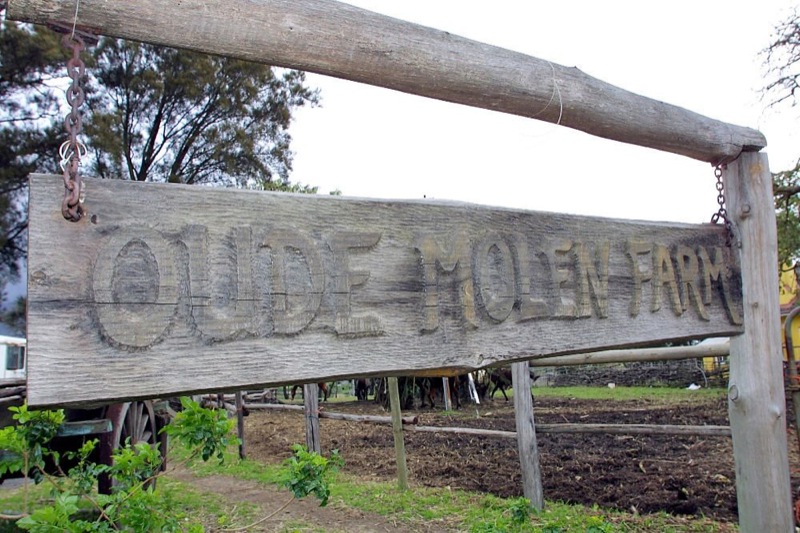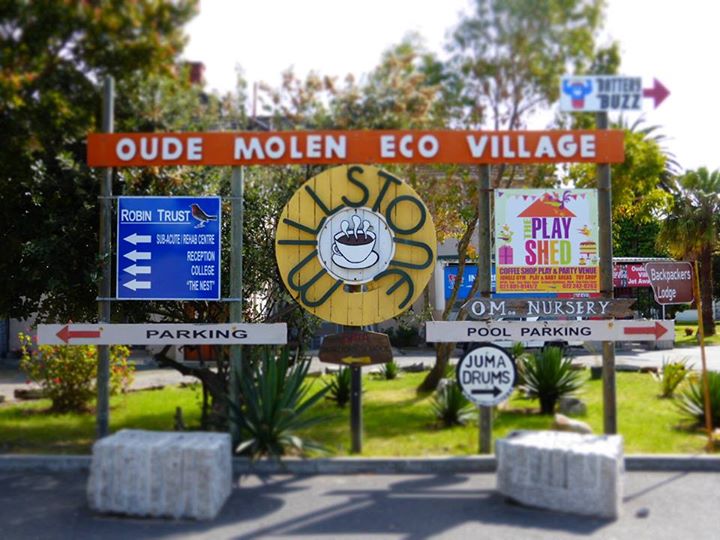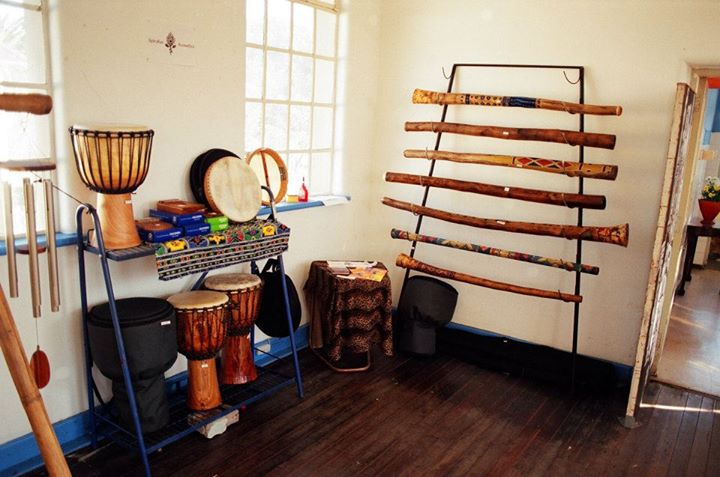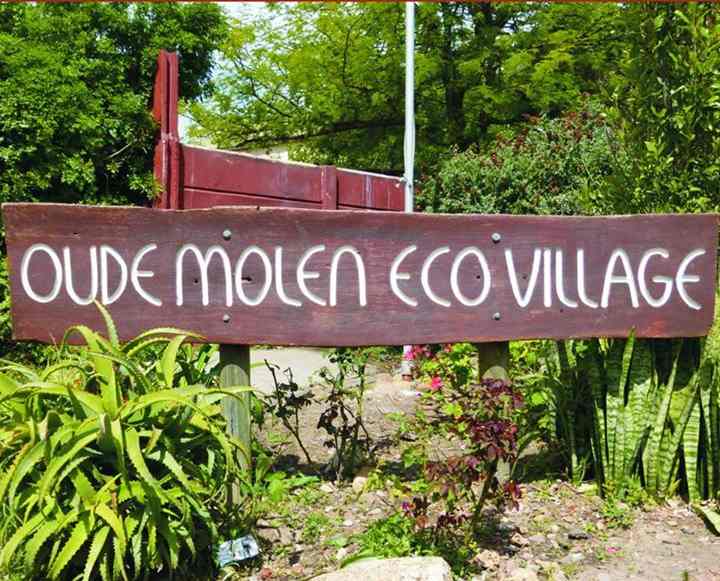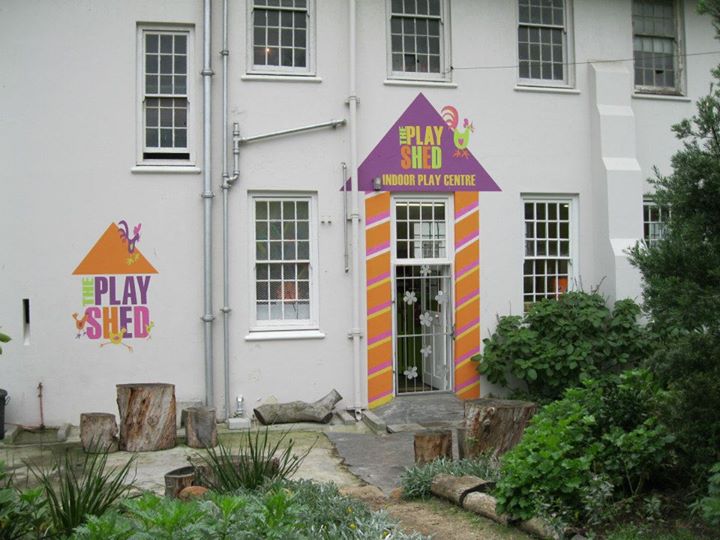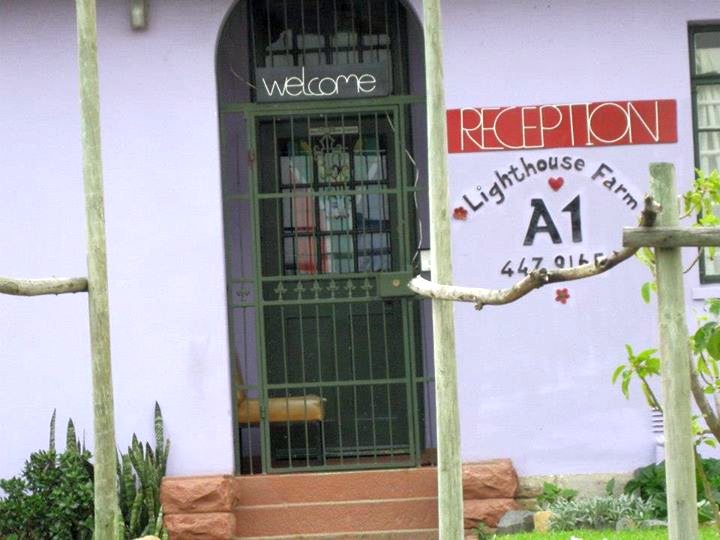The Oude Molen Village is located on the site known as Valkenberg East, near the suburb of Pinelands. The site comprises numerous buildings and large park-like gardens and is bordered by sensitive wetlands alongside the Black River. The village was created with the aim of establishing a working model of a sustainable eco-village and to encourage an environment of respect and consideration for people, nature and diversity.
Oude Molen is a micro-enterprise village comprised of approximately 70 tenants representing a diverse range of businesses such as artists, woodworkers, music studios, photographers, a training centre and a frail-care centre. All together, the tenants provide employment for approximately 300 people.
The aim of the village is to demonstrate how under-utilised public assets can be used in an integrated way to provide business and employment opportunities, thereby addressing poverty. Hence, the village has been developed with the synergies between small businesses in mind. For example, some of the wood from a tree-felling business is used by another business to make garden furniture.
There are a number of buildings that are of historic interest – a vegetarian restaurant is located in one that has been renovated. Other buildings are vacant and have become rundown, with future plans being to restore and revive historical Oude Molen. The letting of office space, fairs and festivals, the farmstall sales and other activities in the area supply the funding for the project to make it self-sustainable.
Future plans involve the upgrading of the Black River and of the wetland area, which is located on the Oude Molen Village site. At present, horse riding and nature walks can be arranged. Recycling initiatives and the development of alternative energy sources are also projects in their early stages.
The project also demonstrates a working farm in the urban environment. Particular items of interest are:
- Organic farming – with the vegetables grown being transported by horse and cart into neighbouring suburbs. Permaculture techniques are used for some of the gardens; and
- Bee-keeping – visitors can observe the bees and the honey-making process and hear the social behaviour of the bees explained.
The ultimate aim is to establish an economically sustainable micro-enterprise eco-village that is able to showcase how government/community/business partnerships are able to address a wide range of national priorities such as job creation, youth development, occupational therapy, environmental education, arts and cultural interaction, micro-enterprise development, and the demonstration of eco-friendly energy and technology.
History:
The area was originally used by Khoi pastoralists for cattle grazing before colonial occupation in 1652, with the confluence of the Black and Liesbeck Rivers playing an important role in Khoi ceremonies. The area was then used as military barracks until the 1920’s, when a psychiatric hospital was built.
The east side of the hospital was closed in the late 1990’s and the land was transferred to the Department of Property Management. The buildings had been heavily vandalised and gutted while under the custodianship of the Department of Health. A private company was then given a mandate to optimise the use of the buildings and land. The short-term leasing of the buildings to tenants involved in micro-enterprises, was one of the steps that contributed towards the exploration and creation of an inclusive and holistic vision for the premises.
The company, Project Development Services, was committed to the alleviation of poverty through sustainable social, economic and environmental developments and initiated a vision that sought to integrate the aspirations of the key role-players at the time, including the city council and the tenants. This vision remains the focus of the Oude Molen Village.
